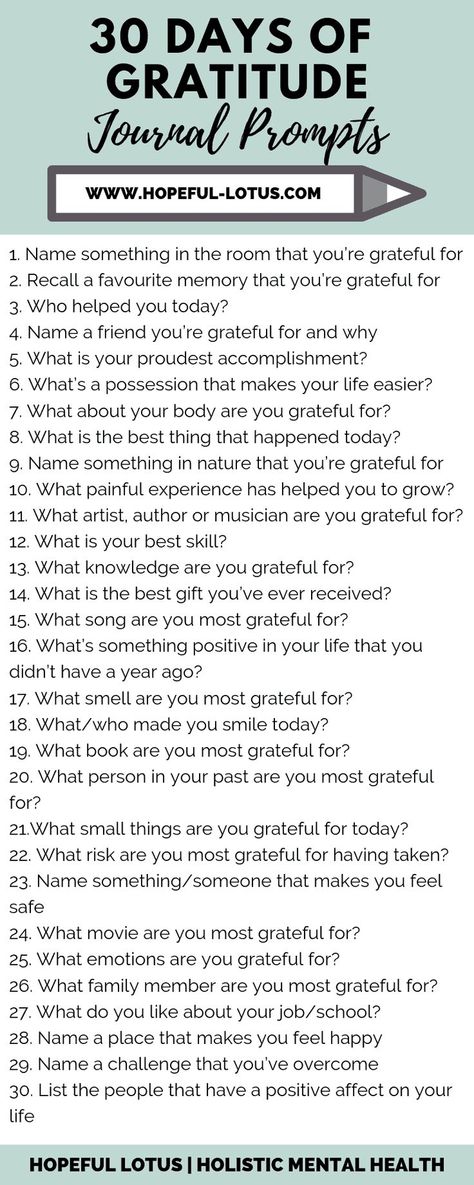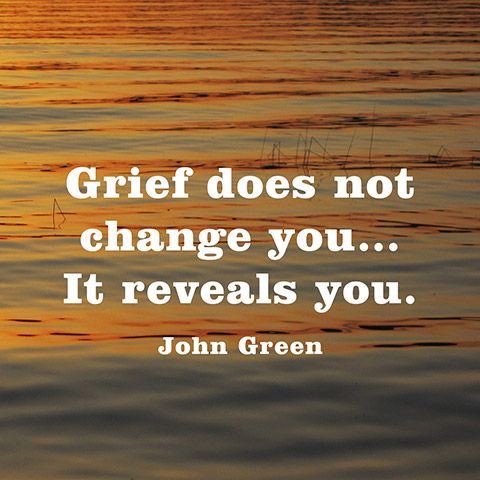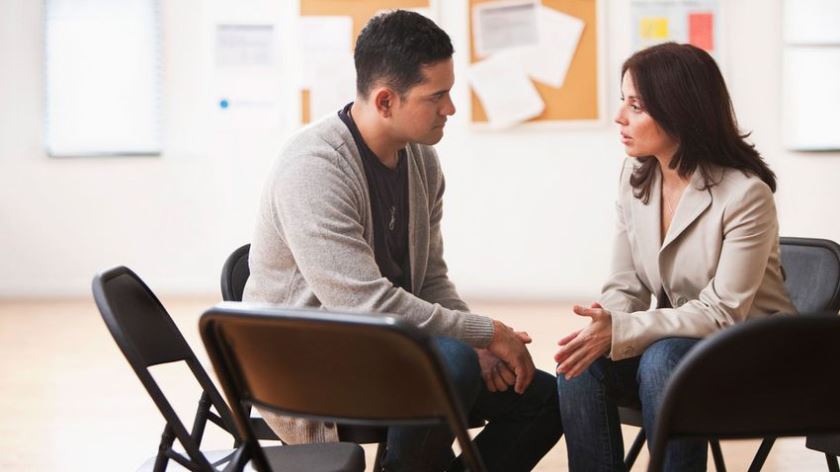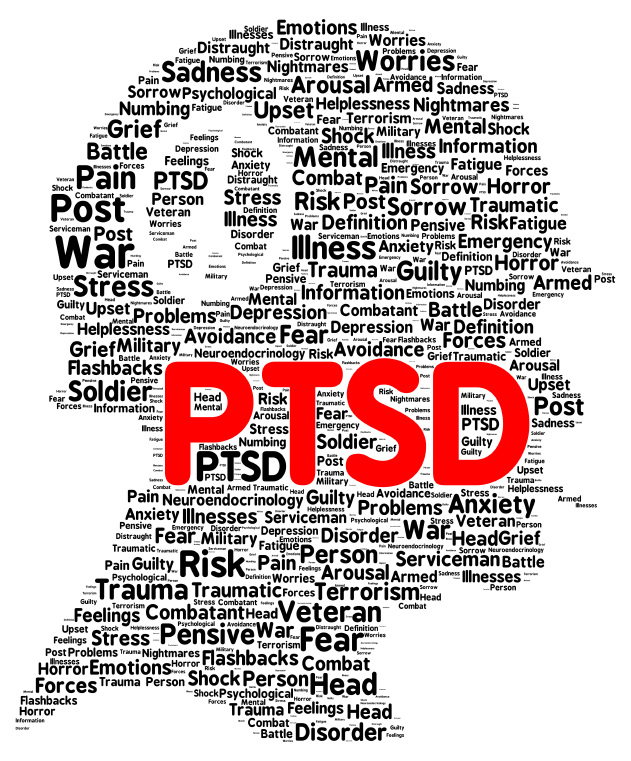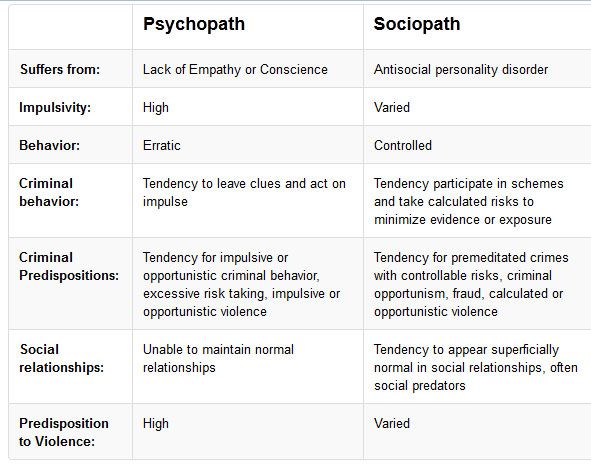Is crying part of an anxiety attack
Anxiety Crying For No Reason
Can anxiety cause crying for no reason? Yes, it can. Anxiety, chronic stress, and depression can cause anxiety crying spells for no reason.
Is it ok to cry when you have anxiety? It depends on how much crying and for how long. What causes anxiety crying spells and how to stop them? We explain that next.
Table Of Contents
- Anxiety crying for no reason symptoms
- What causes anxiety crying for no reason
- How do you stop anxiety crying spells and crying emotionally?
- Crying anxiety for no reason symptoms FAQs
- Do you cry when you have anxiety?
- Does crying help relieve anxiety?
- Is it OK to cry when you have anxiety?
- How to stop crying instantly?
- How to stop crying instantly or when upset?
- Does crying raise your blood pressure?
- Can crying kill you?
- References
The Anxiety Crying For No Reason symptoms common descriptions:
- You feel like crying all the time.
- You have anxiety crying spells for no reason.
- You have unexpected and unexplained crying anxiety spells.
- You cry, but you can’t figure out why since you aren’t sad about anything in particular.
- You frequently feel like crying, which is uncharacteristic of you.
- Even though you feel sad enough to cry, you aren’t sure why you feel this way.
- Once you start anxiety crying, you have a hard time stopping.
- You uncharacteristically cry uncontrollably and for no reason.
- You find many things make you feel sad enough to cry, which is unlike how you usually feel.
- You experience frequent crying spells out-of-the-blue and for no reason.
- You feel unusually sad and tearful, but you aren’t sure why.
- You cry for no reason, yet you feel you can’t stop.
- You feel weepy and sad but can’t put your finger on why.
- You feel so emotional that you cry all the time.
Anxiety crying can come and go rarely, occur frequently, or persist indefinitely. For example, you have a crying spell once in a while and not that often, have crying spells off and on, or feel like weeping most of the time.
For example, you have a crying spell once in a while and not that often, have crying spells off and on, or feel like weeping most of the time.
Anxiety crying can precede, accompany, or follow an escalation of other anxiety sensations and symptoms, or occur by itself.
Crying spells can precede, accompany, or follow an episode of nervousness, anxiety, fear, and elevated stress, or occur "out of the blue" and for no apparent reason.
Anxiety crying can range in intensity from slight, to moderate, to severe. It can also come in waves, where you cry uncontrollably one moment, and it suddenly eases off the next.
Anxiety crying and crying spells can change from day to day, and from moment to moment.
All of the above combinations and variations are common.
To see if anxiety might be playing a role in your anxiety symptoms, rate your level of anxiety using our free one-minute instant results Anxiety Test, Anxiety Disorder Test, or Hyperstimulation Test.
The higher the rating, the more likely it could be contributing to your anxiety symptoms, including Crying For No Reason.
What causes anxiety crying for no reason symptoms?
Medical Advisory
Humans experience a wide range of emotions and feelings, from love to hate, joy to sadness, peace to upsetness, and so on. Experiencing emotion is an essential part of a normal life experience.
Emotions bring color to our world and are a reflection of how we think about life. It’s normal to experience a wide range of emotions from day to day.
Just as thoughts change our biology, thoughts also change our emotions. The body’s physical makeup can also influence how we feel emotionally. With this in mind, there are five main ways anxiety and crying are linked:
1. Anxiety
Anxiety, which is based on fear, elicits one of the body’s most powerful emotional responses.[1][2][3] These powerful emotional responses can affect other emotions, such as sadness and feeling like crying.
Fear can also cause some people to cry if they believe they are powerless and vulnerable to a serious threat.
So, anxiety itself can cause unexplained crying spells.
2. Anxiety Attacks and Panic
Anxiety can occur from mild to severe. Severe forms of anxiety are often referred to as anxiety attacks and panic. Anxiety that occurs in the higher degrees can cause even stronger emotional reactions. These strong emotional reactions can cause some people to cry.
Moreover, some people cry even after an anxiety or panic attack has ended due to the after effects of experiencing such strong episodes of anxiety. If you are having anxiety crying spells in conjunction with anxiety and panic attacks, know that they will subside as the body recovers from the effects of high degree anxiety.
3. Chronic stress (hyperstimulation)
Stress, and more so, chronic stress (which we call hyperstimulation) causes profound brain function changes.[4][5] These changes can affect our thinking and emotional processing. Many people experience emotional instability, such as emotional flipping, emotions feel numb, emotions feel wrong, and emotional spiking when chronically stressed.
There are many reasons for this, including:
1. Hypersensitive nervous system
Chronic stress can lead to nervous system hypersensitivity.[6][7] Hypersensitivity can amplify the stimuli we encounter, making it seem like our senses are set to “maximum receive.”[8]
As such, sensory information we usually receive at lower levels becomes amplified. The amount of amplification is directly proportional to the degree of hypersensitivity – higher levels of hyperstimulation and hypersensitivity produce higher levels of sensory reception.
Therefore, hyperstimulation can cause everyday stimuli to seem more dramatic and overpowering, causing overly dramatic responses, such as having anxiety crying spells “out of the blue” and for no reason.
2. Hypersensitivity can cause dramatic emotional responses
Many anxious people place great importance on how they feel physically and emotionally. When sensory messages are amplified, they can respond in overly dramatic ways.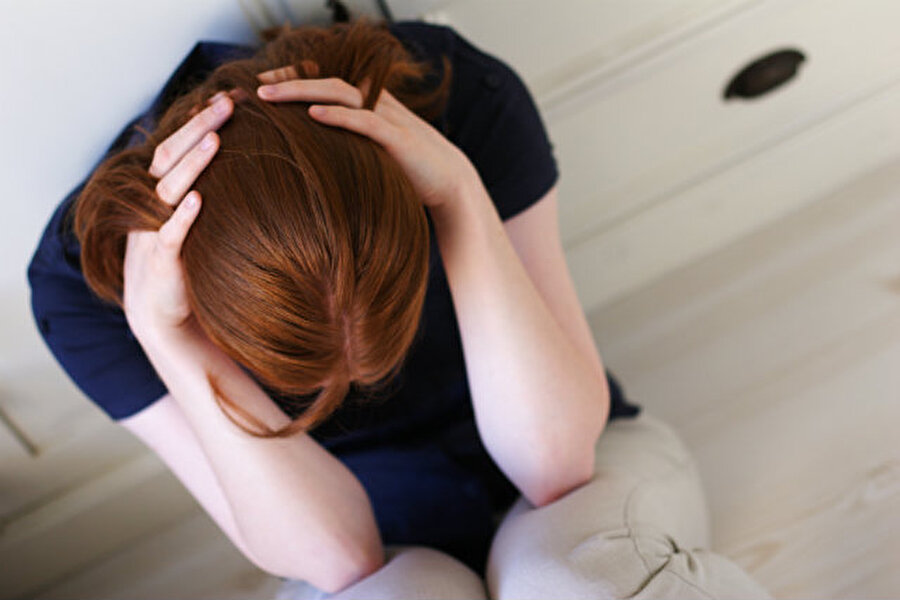 The more stressed the body becomes, the more reactive and emotional they become.[9] Overly emotional reactions can lead to what seems like uncontrollable crying spells.
The more stressed the body becomes, the more reactive and emotional they become.[9] Overly emotional reactions can lead to what seems like uncontrollable crying spells.
3. Hyperstimulation can cause emotional instability
Chronic stress can cause the body to act erratically and more involuntarily than normal.[10] This erratic and more involuntary behavior can cause emotions to become unstable and unpredictable.[9] Out of the blue crying spells are an example of this erratic and more involuntary behavior.
I (Jim Folk) experienced many anxiety crying spells during my struggle with anxiety disorder. I remember episodes where I cried uncontrollably but didn’t have any reason for doing so. My body just seemed like it wanted to cry regardless if I had a reason. There were also many times I found myself crying, yet I didn’t feel sad or had any reason to cry. My body just wanted to cry.
Emotional instability, a common symptom of anxiety and hyperstimulation, can also manifest itself in other ways.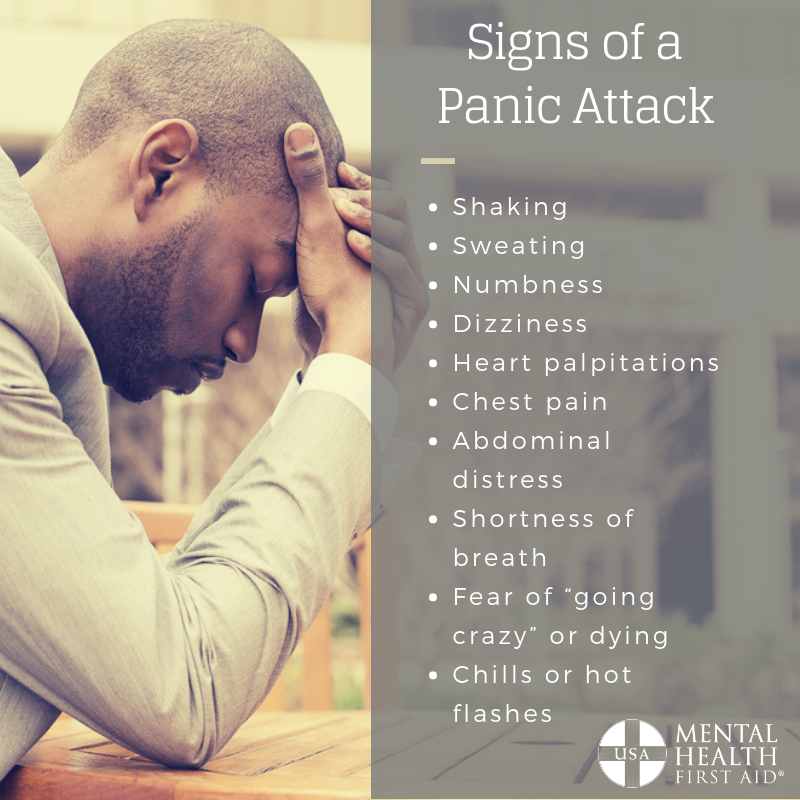 For example, as previously mentioned, many anxiety disorder sufferers experience emotional blunting (no emotions, flat, emotionless), emotional flipping (suddenly going from one mood to another), or emotional spiking (becoming super emotional—sorrowful, fearful, excited, depressed) for no identifiable reason.
For example, as previously mentioned, many anxiety disorder sufferers experience emotional blunting (no emotions, flat, emotionless), emotional flipping (suddenly going from one mood to another), or emotional spiking (becoming super emotional—sorrowful, fearful, excited, depressed) for no identifiable reason.
4. Stress hormones affect other hormones
Chronic stress (hyperstimulation) increases cortisol production overall.[11] Cortisol is one of the body’s most powerful hormones. An increase in this stress hormone can affect other hormones.[12] Hormonal instability can affect mood and lead to crying spells.
Women can be particularly affected, especially during dramatic hormone fluctuations, such as during monthly cycles, pregnancy, and change of life.
4. Depression
Feeling hopeless, helpless, and trapped is a common cause of depression. Feeling depressed can cause crying spells.[13]
Many anxiety disorder sufferers feel like they are hopelessly and helplessly trapped in a struggle with anxiety disorder, which can lead to depression and episodes of anxiety crying and feeling blue.
Moreover, feeling depressed stresses the body. An increase in stress can exacerbate chronic stress and lead to more crying spells. Sometimes these factors can set up a negative cycle where one fuels the other.
5. Side effects of medication
Crying can be a side effect of many medications. Beta-blockers, corticosteroids, antipsychotics, antidepressants, hormone-altering drugs, stimulants, anticonvulsants, Proton pump inhibitors (PPIs), statins, and anticholinergic drugs are common medications that cause crying as a side effect.
How do you stop anxiety crying spells and crying emotionally?
To stop anxiety crying, the appropriate cause needs to be identified and addressed. For instance:
1. Address your anxiety issues
When crying spells are caused by anxiety, addressing your anxiety issues will eliminate anxiety crying. As you replace anxious behavior with healthy behavior, you will cease creating anxiety, the stress it causes, and anxiety crying spells.
Addressing your anxiety issues can also prevent anxiety attacks and panic. Eliminating anxiety attacks and panic will also eliminate anxiety crying spells caused by anxiety and panic attacks.
Good self-help information, such as the self-help information and support in our Recovery Support area, can be helpful in this regard. The more you know, the better off you are.
Working with an experienced anxiety disorder therapist is the most effective way to overcome anxiety disorder and its many symptoms, including anxiety crying spells. You should seriously consider working with a therapist if your anxiety disorder and symptoms are having a major impact on your health and lifestyle.
2. Eliminate chronic stress
Reducing and eliminating chronic stress (hyperstimulation) will also eliminate anxiety and crying spells. As your body recovers from hyperstimulation, you should experience fewer and fewer spells of anxiety and crying.
Eliminating your body’s chronic stress can also help stabilize other hormones.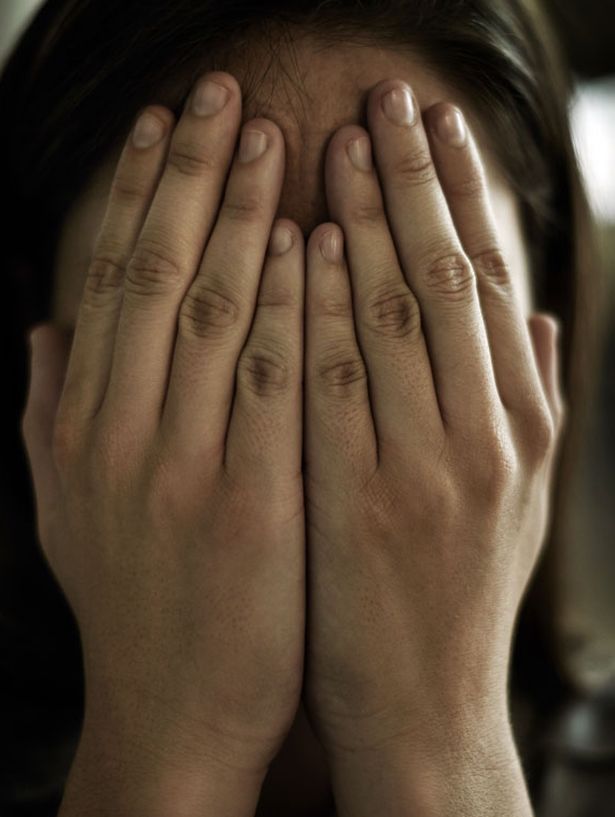 Many of our Recovery Support members and therapy clients have noticed an improvement in how they feel physically and emotionally from merely reducing their stress and eliminating hyperstimulation.
Many of our Recovery Support members and therapy clients have noticed an improvement in how they feel physically and emotionally from merely reducing their stress and eliminating hyperstimulation.
3. Change or stop medications
If the side effects of medication are causing your anxiety crying spells, talk with your doctor and pharmacist about switching to a different medication or stopping altogether.
NEVER stop any medication without talking with your doctor or pharmacist first. Some medications can cause serious problems if discontinued abruptly.
4. A change of attitude
While placing great emphasis on emotions might seem like a good way to live, it has its drawbacks, such as causing issues with anxiety and depression, to name two.
Often we grow up learning to behave in certain ways that we think are normal. But too often, our learned and habituated behaviors aren’t healthy, which then become the primary source of a struggle with mental and physical health issues.
For instance, if you overreact emotionally to situations and circumstances that don’t warrant an overreaction, your body will pay a higher stress price than those who are less reactive. This higher stress price can take a toll on the body and cause a number of symptoms, including feeling even more emotional and reactive.
Research has shown that chronic stress is a contributing factor to the development of mental illness, such as anxiety disorder, depression, and other mood disorders.[14][15]
Learning healthy ways of experiencing and expressing emotions can reduce a significant amount of stress, and with it, the risk of developing mental health problems.
5. Seek therapy
The help of a professional anxiety disorder therapist can help you make healthy behavioral change that overcomes issues with anxiety and its symptoms, including anxiety crying spells. Working with a professional anxiety disorder therapist is the most effective way to overcome anxiety disorder and its symptoms.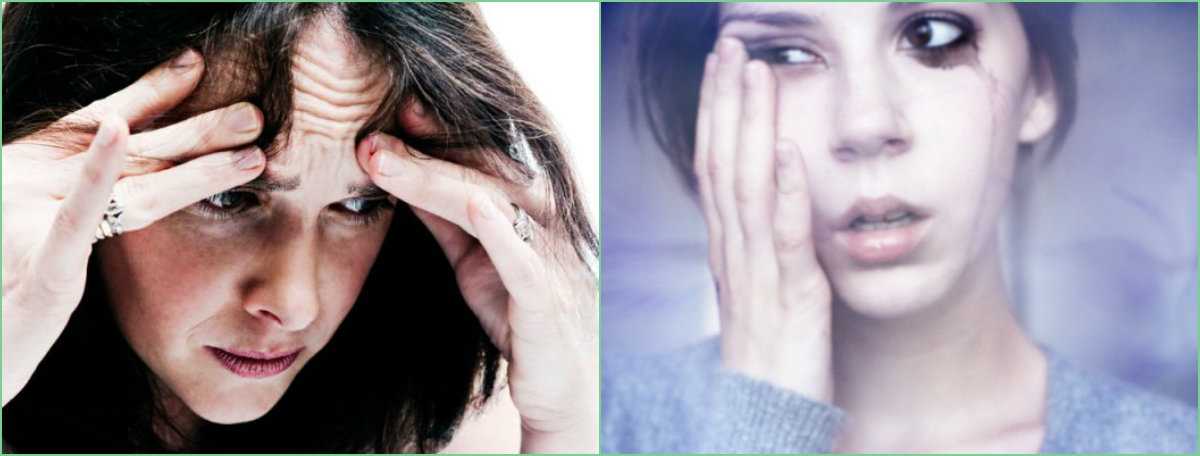 [16][17][18]
[16][17][18]
Since we can all make behavioral change with the right information, help, and support, no one needs to suffer with anxiety disorder or its symptoms. The road to recovery is well-known, well-traveled, and proven. Visit our anxiety testimonials page for examples of recovery success!
Anxiety Crying For No Reason FAQs
Do you cry when you have anxiety?
Yes, you can. As you just read, there are many reasons why anxiety can cause crying spells. Anxiety itself, anxiety attacks and panic attacks, chronic stress, anxiety-caused depression, and side effects of medication can all cause anxiety crying spells. Read above for more information.
Does crying help relieve anxiety?
Yes, it can as long as you cry in moderation. Excessive and over-emotional crying stresses the body,[19][20] which can exacerbate anxiety and stress. While occasional crying can release pent up emotions and reduce stress, which is healthy, frequent and dramatic crying could compound anxiety, stress, and their symptoms, including anxiety crying spells.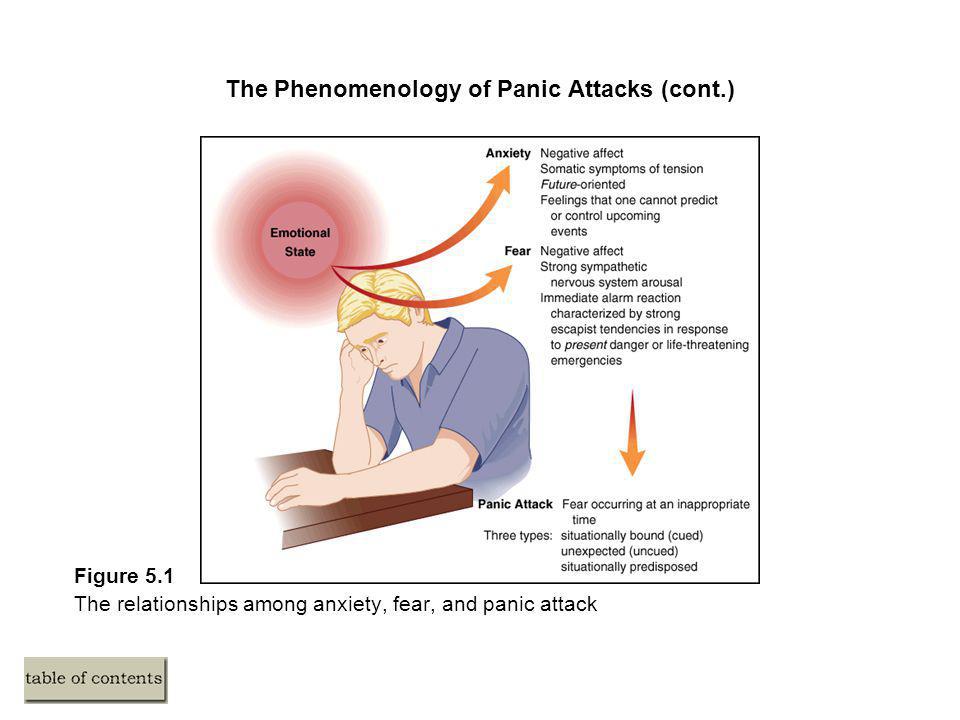
Is it OK to cry when you have anxiety?
Yes, it’s okay to cry when you have anxiety. Crying in moderation can help relieve pent up emotions. But crying too frequently or dramatically stresses the body, which can exacerbate anxiety and stress causing them to persist and even cause an increase in symptoms.
How to stop crying instantly?
Sadness is an emotion, which is most often caused by the ways we think. Emotions are temporary and can be stopped or changed by changing our thinking. If you want to stop crying instantly, change your thinking to something pleasant, funny, upbeat, hopeful, or exciting. In a few moments your emotions will change.
How to stop crying instantly or when upset?
Here are some other ways to stop crying when you want to or when you are upset:
- Change your breathing to a slower, diaphragmatic, more relaxed breath. This type of breathing relaxes the body. A relaxed body can also calm emotions. Also, breathing through your nose rather than through your mouth can help, as nasal breathing is more beneficial than mouth breathing for relaxation and focus.
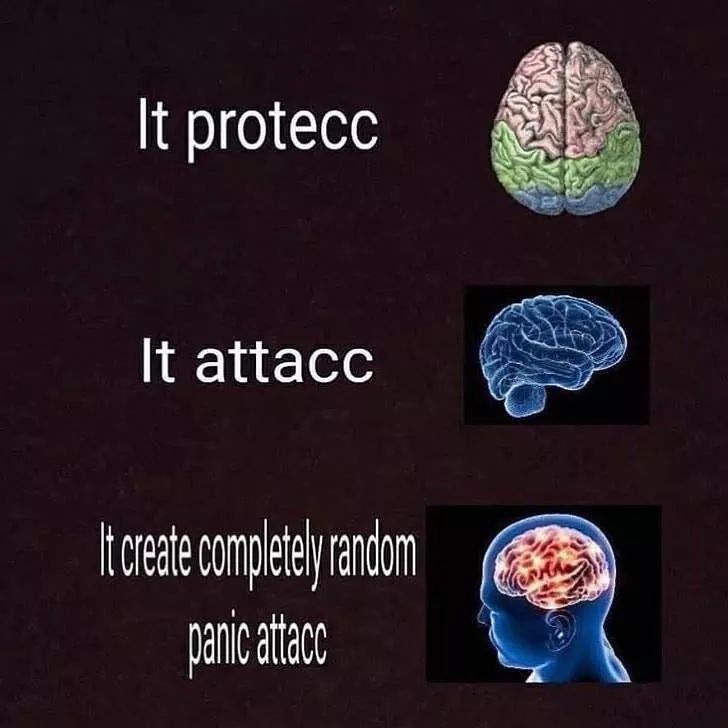 [21] Relaxed diaphragmatic breathing activates the body’s natural tranquilizing effect. As the body calms, we feel more in control of our emotions.
[21] Relaxed diaphragmatic breathing activates the body’s natural tranquilizing effect. As the body calms, we feel more in control of our emotions. - Talk with a friend.
- Relax your body. As your body’s muscles relax, the body’s natural tranquilizing effect engages making you feel more relaxed emotionally.
- Change the direction of your focus. Shifting your focus to something fun, interesting, or exciting changes thought patterns, which can change emotions.
- Smile. Research has found even forcing a smile can change your mood.
- Relax the muscles in your face. Relaxing facial muscles can loosen those that often tense up when crying.
- Change environments. Leaving the situation and changing environments can end crying.
- Practice mindfulness.
- Spend time outdoors, or preferably, in nature. Research has found that spending time in nature dramatically reduces stress, anxiety, and depression.

- Stimulate your vagus nerve, which stimulates the nervous system responsible for calming the body. You can do that by relaxing the muscles in your abdomen. As your body calms, your mood will change.
- Exercise. Exercise releases feel-good endorphins that can change moods and end crying.
- Change your thinking. As mentioned earlier, changing your thinking and attitude changes emotions, since thinking is the primary driver of emotions. Thinking about pleasant, happy, funny, or exciting things will change emotions away from sad and crying.
Does crying raise your blood pressure?
It can, but only temporarily with normal crying. Crying stimulates the sympathetic nervous system,[19] which stresses the body. Therefore, crying stresses the body. Stress increases blood pressure. While occasional crying can be a benefit and reduce stress, too frequent or dramatic crying can stress the body and raise blood pressure.
Can crying kill you?
No, crying can’t kill you, but it could aggravate an underlying medical condition if that condition is aggravated by stress. In many cases, crying is cathartic and a healthy expression of emotion. But don't cry too much or often, as crying does stress the body. Occasional crying is beneficial whereas too frequent anxiety crying isn’t, and can lead to a depressed mood, which also stresses the body.
Panic Attack vs. Anxiety Attack: Key Differences
Updated on 4/13/2022
Understanding the differences when it comes to a panic attack vs anxiety attack can feel confusing since so many of the symptoms are very similar. But the truth is, these are two different conditions, and there are a few key things to know about the symptoms of anxiety and panic attacks that can help you determine which you might be having.
The primary difference between frequent panic attacks and anxiety attacks is that a panic attack generally comes on very suddenly. It’s also typically over quickly, too. An anxiety attack, however, tends to build up for a while, and it’ll most often last for a significantly longer period of time than a panic attack might.
It’s also typically over quickly, too. An anxiety attack, however, tends to build up for a while, and it’ll most often last for a significantly longer period of time than a panic attack might.
While there are many similarities between these two common experiences — including that both will result in extreme, sometimes overwhelming feelings and emotions — there really are a number of other differences, too. In this article, we’ll take a deeper look at anxiety vs. panic attacks.
Key Differences Between Anxiety and PanicWhat is the difference between anxiety and panic attacks? There are clinical differences between these two disorders that the Diagnostic and Statistical Manual of Mental Disorders (5th edition) (DSM-5) identifies. We listed some of the most common below.
AppearanceOne of the main differences between a panic attack vs. anxiety attack is how they appear. An anxiety attack will start out gradually, building up over time. But a panic attack is usually more spontaneous, sometimes going from 0 to 10 in an instant.
If someone isn’t familiar with panic attack symptoms, they might be challenging to recognize. In fact, many people think they’re experiencing a heart attack when a panic attack comes on.
“Although both may cause dizziness, increased heart rate and palpitations, shortness of breath, or nausea, the time that the panic symptoms are experienced is not the same. Unexpected panic attacks may last from a few seconds to maybe 10-15 minutes. An extreme anxiety attack may last from a few minutes to several days.”
Talkspace therapist Cynthia V. Catchings, LCSW-S
The onset of both conditions can be a determining factor on which you might be experiencing.
As noted, extreme anxiety attacks are slow to come on, and most people have multiple additional symptoms before any actual attack begins. There is also typically a specific cause or situation that sparks an anxiety attack.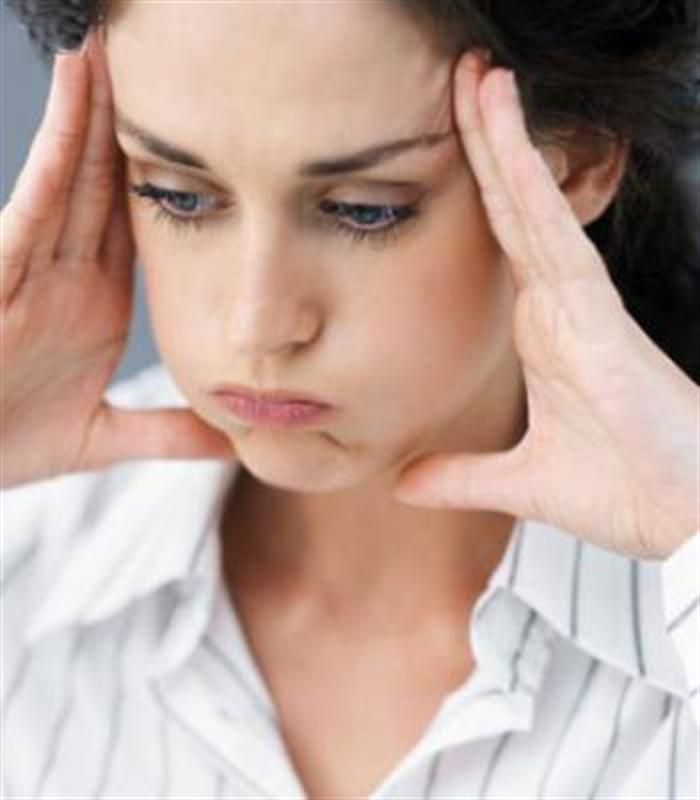
Panic attacks will appear more spontaneously and suddenly. There often won’t be a slow build-up that results in the attack. Instead, they seem to come out of nowhere, so it can be difficult to pinpoint a specific cause. We should point out, despite the fact that this is how panic attacks present to most people, some studies show there actually are some precursors, including significant changes in heart rate and respiratory functions.
SymptomsThere are several physical symptoms that are quite similar between the two conditions. But there are also some core differences. For example, levels of intensity can vary. And because chronic anxiety attacks usually result after a build-up, there are often more symptoms than a panic attack — which seemingly comes out of nowhere — may show.
DurationAnxiety and panic attacks can have different duration periods. Chronic anxiety attacks tend to last a lot longer, and because of the gradual onset of symptoms, for the person experiencing it, they can feel like they’re going on forever.
Panic attacks start and end quickly. The average panic attack lasts only about 10 minutes. Most, if not all, symptoms typically disappear as soon as the attack itself ends.
TriggersTriggers are yet one more difference between frequent panic attacks and anxiety attacks. Triggers for anxiety attacks are most often situational. For example, if you have a fear of closed spaces, being trapped in a car wash or elevator may bring on an anxiety attack. Ultimately, anxiety attack triggers really just depend on what causes someone’s anxiety.
As a general rule, it’s difficult to say what might trigger a panic attack. The fact that they start so suddenly makes it difficult to say what causes them.
What Are Anxiety Attacks?“Anxiety attack” is not an official clinical term. The latest edition of the Diagnostic and Statistical Manual of Mental Disorders [DSM-5], a book the vast majority of mental health professionals abide by, does not list it.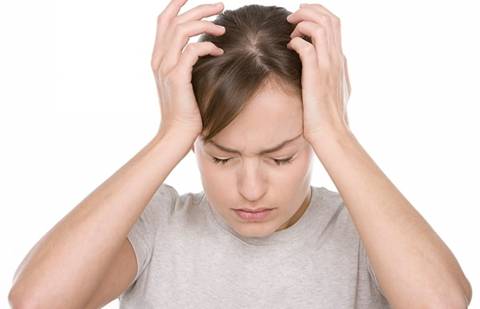 Instead, the term “anxiety attack” is a colloquial phrase coined by people who have anxiety.
Instead, the term “anxiety attack” is a colloquial phrase coined by people who have anxiety.
The term anxiety attack is used to describe intense or extended periods of anxiety. An attack is more overwhelming and intense than just “having“ anxiety. But it’s not as severe as a panic attack. According to her book Stop Anxiety from Stopping You, Dr. Helen Odessky notes that the term anxiety attack became more common because people started feeling like anxiety was interrupting their life. As more and more clients began using it in therapy, mental health professionals began forming a more detailed definition.
Still, while the distinction between anxiety vs. panic attacks has become clearer over time, there isn’t yet an official definition for an anxiety attack.
Common Causes & Risk FactorsThere isn’t one exact known cause of anxiety attacks. However, it is thought that a number of factors likely play a role in why someone might have an anxiety attack.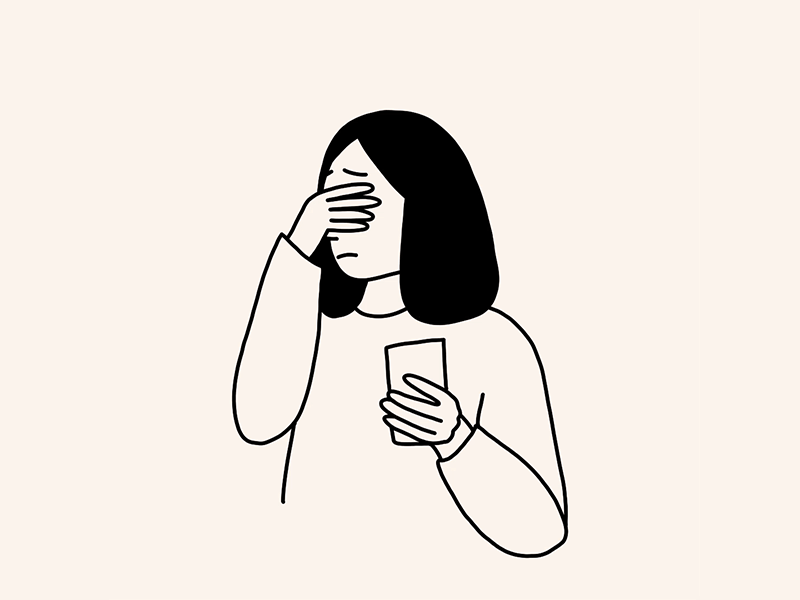 These can include a response to a perceived threat, an anxiety disorder, or a response to a specific situation.
These can include a response to a perceived threat, an anxiety disorder, or a response to a specific situation.
Perceived threats
Some people will experience anxiety as the result of an unknown threat. Think: walking alone on a dark street at night and feeling nervous or anxious. Having an anxiety attack in this situation would not be due to a specific danger, but rather the possibility of something bad happening. Although perceived threats can bring on an anxiety attack, they can actually also be a very normal, and sometimes even helpful, response to a potentially bad situation.
Anxiety disorders
- Obsessive compulsive disorder (OCD) – A condition that causes difficult-to-control obsessions or compulsive behavior.
- Generalized anxiety disorder (GAD) – A condition that causes excessive, unrealistic, or unlikely-to-happen worries; generally there is no cause.
- Social anxiety disorder (or social phobia) – A condition that causes extreme fear of being in social situations; being extremely self-conscious.
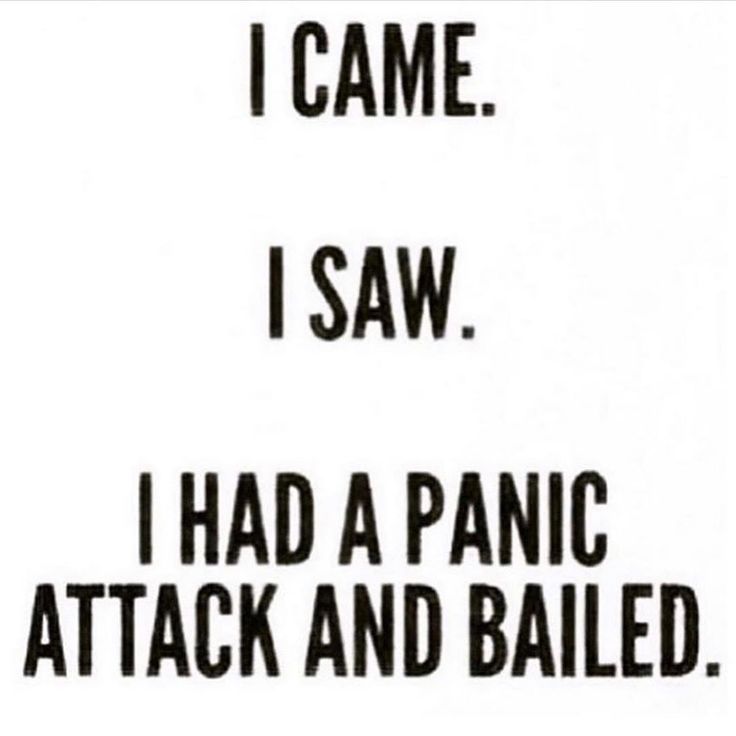
- Specific, various phobias – Phobias that are identified by incredible or excessive fear of something very specific.
Specific situations
Occasionally, someone may experience an anxiety attack from what begins as just a typical response to a stressful situation. The anxiety level may increase beyond just the “normal” reaction, resulting in an anxiety attack. Some of these instances could include:
- Job changes
- Marital status changes
- Becoming a parent
- Financial stress
- Public speaking
- Death of a friend or family member
- Work stress
- Illness diagnosis
- Intense conflict
- School exams
Other risk factors
There are some additional risk factors that might come into play if you have severe anxiety attacks. Chronic stress or traumatic events can result in frequent attacks. Genetics is another risk factor to be aware of. And, excessive substance abuse, caffeine consumption, or even certain medications can all bring on excessive anxiety as well.
There are both mental and physical symptoms to an anxiety attack.
Mental symptoms
Mental symptoms of an anxiety attack can include:
- Excessive irritability
- Apprehension or worry
- Finding it difficult to concentrate
- Fear
- Distress
- A sense of uneasiness
- Restlessness
- And more…
Physical symptoms
Physical symptoms of an anxiety attack can include:
- Disturbed sleep
- Excessive fatigue
- Feeling tense
- An increased heart rate
- Heart palpitations
- Chest pain
- Dry mouth
- Tightness in the throat
- Sweating
- Increased startle response
- Dizziness
- Numbness or tingling
- Shaking
- And more…
Panic attacks are easier to define because we have clinical consensus on the definition.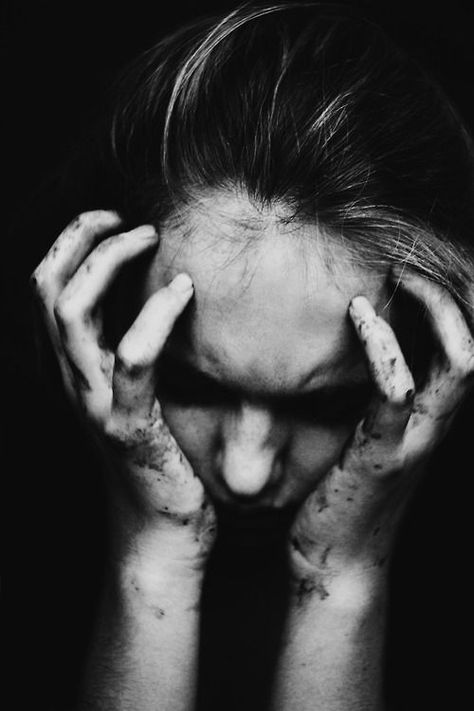
The official definition, according to the DSM is “A panic attack is a sudden episode of intense fear that triggers severe physical reactions when there is no real danger or apparent cause.”
Common Causes & Risk FactorsPanic attacks can be triggered by similar things that anxiety attacks are. Stress, social situations, phobias, or even driving can all trigger a panic attack. Panic disorders can also result in an attack as well.
Panic disorder
Repeatedly experiencing panic attacks can be a symptom of panic disorder. If you think you have a panic disorder, consider working with a mental health professional to alleviate some of the burdens. Seeing a therapist, whether in-person, or online, can be a good way for you to learn how to process and manage your anxiety.
Certain traumatic events can eventually cause panic disorder. Some people have developed it after witnessing sudden or graphic deaths. Witnessing an unexpected death can be so traumatic, it can make people feel like they might die in a moment, at any time, causing a panic attack.
Risk factors
Risk factors of panic attacks are very similar to those of anxiety attacks. They can include:
- Stressful life events
- Witnessing a trauma
- Being diagnosed or living with a chronic health condition
- Having another mental health condition like depression
- Substance use or abuse
- Having family members who also have panic disorders
The main difference between a panic attack vs. anxiety attack can be seen when looking at the mental and physical symptoms of a panic attack.
Mental symptoms
Mental symptoms of a panic attack can include:
- Excessive fear
- A sense of detachment
- Fear of dying
- Fear of losing control
- And more…
Physical symptoms
Physical symptoms of a panic attack are the same as what you may experience during an anxiety attack. They can include:
- Accelerated heart rates
- Heart palpitations
- Shortness of breath
- Pain in the chest
- Sweating
- Dry mouth
- Shaking
- Feeling faint or dizzy
- Tightness in the throat
- And more…
There are a number of ways you can face anxiety or panic attacks. There are many holistic things you can do to help calm yourself down, like simple lifestyle changes, for example. Experts have many other coping techniques they can share with you too.
There are many holistic things you can do to help calm yourself down, like simple lifestyle changes, for example. Experts have many other coping techniques they can share with you too.
Cynthia Catchings, LCSW-S, LCSW-C, CMHIMP, EMDR, has some great ideas.
You can calm anxiety or panic attacks by learning to recognize the symptoms and practicing the following:
- Acknowledging that you’re experiencing an episode and reminding yourself that it will not last forever
- Practicing deep breathing, including the 4-7-8 breathing exercise
- Doing a quick body scan, asking yourself where the anxiety is felt, and releasing it by shaking that body part
- Talking to your anxiety and permitting it to stay for a bit, but reminding it that it has to leave
- Practicing, meditation, mindfulness, or Tai Chi
- Practicing Creative Visualization, where you imagine yourself in a calm and happy place like the beach or a mountain for a minute or 2, and then continue with your daily activities
Keep in mind that there is hope; a professional can treat both issues. Remind yourself about this when you want to feel calm.
Remind yourself about this when you want to feel calm.
An anxiety or panic attack may also be treated with cognitive-behavioral therapy (CBT) and/or anti-anxiety medication. A panic attack can also be treated with CBT or with selective serotonin reuptake inhibitors (SSRIs) and other antidepressants.
Staying informed and looking for help when you need it can create a sense of calmness and help you experience less anxiety or panic attacks in the future. You may get them, but knowing the differences between a panic attack vs. anxiety attack is the first step in being able to deal with them. You don’t have to let anxiety get the best of you — there is help available.
See references
- Meuret A, Rosenfield D, Wilhelm F et al. Do Unexpected Panic Attacks Occur Spontaneously?. Biol Psychiatry.
- Psychiatry Online | DSM Library. DSM Library.
- NIMH » Anxiety Disorders. Nimh.nih.gov.
- Panic Disorder: Background, Etiology, Epidemiology.
 Emedicine.medscape.com.
Emedicine.medscape.com. - NIMH » Panic Disorder: When Fear Overwhelms. Nimh.nih.gov.
Talkspace articles are written by experienced mental health-wellness contributors; they are grounded in scientific research and evidence-based practices. Articles are extensively reviewed by our team of clinical experts (therapists and psychiatrists of various specialties) to ensure content is accurate and on par with current industry standards. Our goal at Talkspace is to provide the most up-to-date, valuable, and objective information on mental health-related topics in order to help readers make informed decisions. Articles contain trusted third-party sources that are either directly linked to in the text or listed at the bottom to take readers directly to the source.
Talkspace mental health services
Psychological causes of panic attacks from the point of view of a doctor and psychologist practicing hypnosis
The reality is that the level of anxiety circulating in society has increased significantly.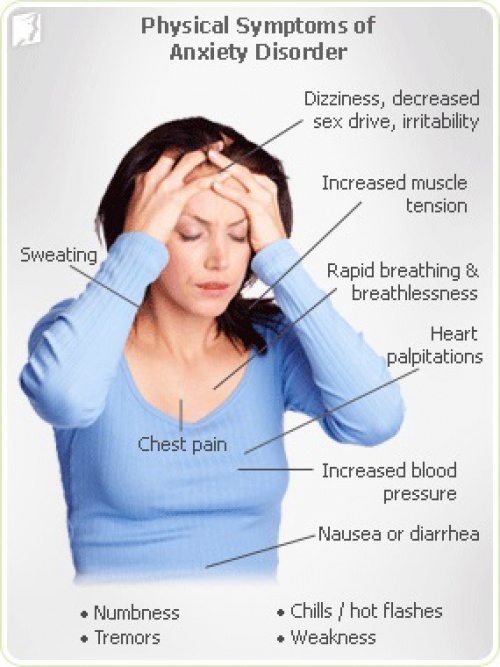 It should be noted that the current epidemiological situation in the world has not left anyone indifferent.
It should be noted that the current epidemiological situation in the world has not left anyone indifferent.
The constant background of anxiety in society is already leading to a sharp increase in the number of depressions, panic attacks, obsessive-compulsive disorders, psychosomatic diseases. The restriction of social contacts, which is necessary according to epidemiological indications, a decrease in physical activity, etc., does not in any way lead to an increase in mental health. A reasonable question arises, what to do with all this? How to prevent anxiety from developing into a mental disorder? How to distinguish normal anxiety from pathological?
The editors asked a well-known specialist in the field of hypnosis, psychologist Gennady Ivanov (Russia, Moscow) and psychotherapist, psychiatrist-narcologist Nikolai Surovtsev (Belarus, Molodechno) to answer these questions. You ask why them? Let's just say that there are not so many specialists who are versed in hypnotechniques, and the editors seemed to be an interesting tandem of a psychologist and a psychotherapist, who also work in the field of hypnosis.
Why hypnosis? Yet the human psyche is largely irrational. After all, logically, a person himself understands that he seems to have no reason to be afraid, and the irrational part of the psyche denies all the arguments of logic. It is as if you first walked over a log at a low height and found that you could easily do it, but the same log at the height of a nine-story building can become an insurmountable obstacle, despite the knowledge that you have already passed over it. And consciously, a person can know that there is nothing to worry about, but at the same time feel anxiety that he cannot cope with.
Nikolai Surovtsev: - Let's start with the fact that anxiety is a natural feeling of apprehension about a threat, which allows you to notice it and take the necessary measures. Pathological states are characterized by experiences that are inconsistent with the cause, which are the source of suffering and disrupt the functioning of the body.
Nikolai Surovtsev
Gennady Ivanov: - Yes, yes. Anxiety and anxiety is a fairly common request from psychologists. Almost everyone has anxiety. Distinguish between anxiety and fear. Fear is when we are afraid of something specific. For example, fear of dogs, planes, heights, etc. That is, we know exactly what we are afraid of. Anxiety is when we are afraid of something but don't know what. Nothing has happened yet, and we are already worried - “suddenly?” Anxiety becomes a pathology when, firstly, there are no grounds for its appearance or these grounds are not enough. And when the level of this anxiety is so high that instead of helping a person to get ready, it interferes with life, it is at such a moment that a panic state arises, in a different way - a panic attack.
Nikolai Surovtsev: - Panic attacks are associated with a person's perception of himself in various life situations. People with panic attacks are oversensitive to their body signals and misinterpret them, exaggerating the danger they pose.
In the case of a panic attack, this information is perceived as extremely critical and the person really begins to believe that he is going crazy or dying. As a result, body signals become even more black: "I can't breathe," "my heart is about to burst," and so on.
As a result, the following mechanism is launched:
1. Stress event.
2. Development of a bodily response to stress (eg: sweat, fever, palpitations, difficulty breathing, etc.).
3. Dramatization ("It's a heart attack! I'm going to die!").
4. Negative emotions (anxiety, fear, panic).
5. Compensatory behavior (seeking help, avoiding loneliness, endless additional examinations).
6. Consequences (anxious expectation of a new attack, "protection", avoidance behavior, problems with communication due to misunderstanding of the environment).
- What is a panic attack in general?
Genadiy Ivanov: - A panic attack is an attack of anxiety or fear, often accompanied by a strong heartbeat, rapid pulse, dizziness and other physical symptoms.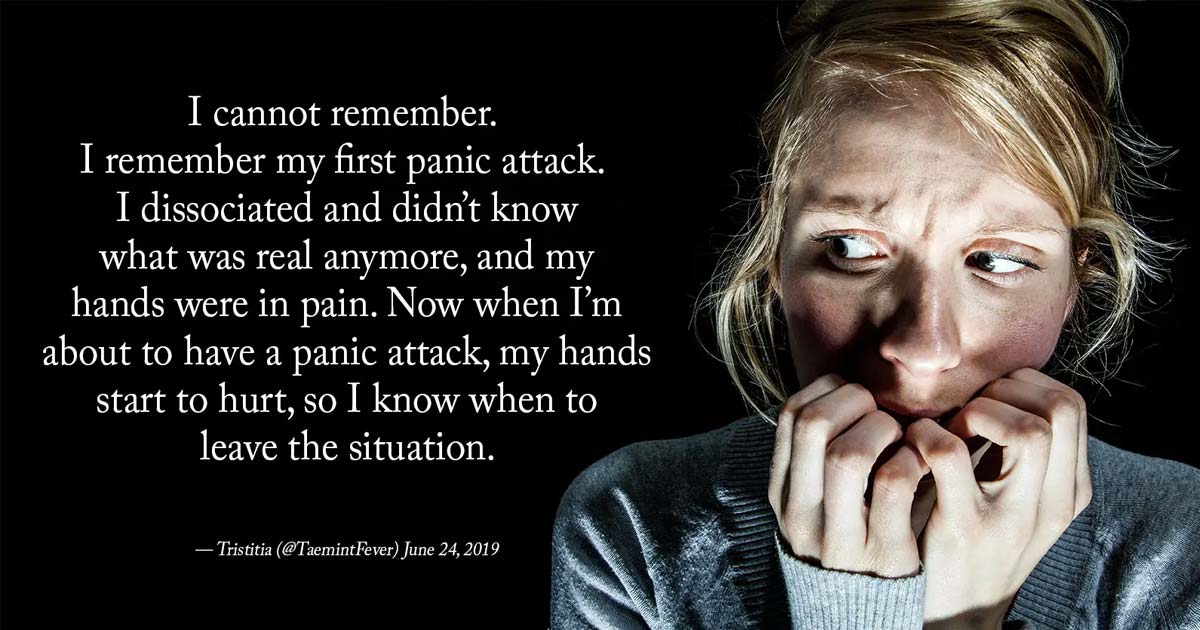 PA is the result of a chronic overload of the nervous system with worries, fears and stress. And, as a rule, they are the result of a person’s wrong lifestyle - a chronic lack of sleep and rest, constant stress, the habit of being nervous for any reason, a pessimistic attitude, internal psychological conflicts, etc. Panic attacks respond well to treatment, but their correction, as a rule, it takes much more time than in the case of a phobia, because it is about restructuring the entire lifestyle and developing new habits.
PA is the result of a chronic overload of the nervous system with worries, fears and stress. And, as a rule, they are the result of a person’s wrong lifestyle - a chronic lack of sleep and rest, constant stress, the habit of being nervous for any reason, a pessimistic attitude, internal psychological conflicts, etc. Panic attacks respond well to treatment, but their correction, as a rule, it takes much more time than in the case of a phobia, because it is about restructuring the entire lifestyle and developing new habits.
Gennady Ivanov
- What causes panic attacks?
Nikolai Surovtsev: - As with any mental disorder, the causes of panic attacks are not known for certain. Scientists operate only hypotheses and models.
The first theoretical concept of the formation of this disorder belongs to Sigmund Freud. According to it, unreacted emotions that did not find a normal outlet in their time are transferred to the unconscious, retaining their power of experience. According to Freud, a bodily symptom is a symbol or remnant of previous emotional traumatic experiences. Thus, the emotional state is transferred to the organ. An external trigger or impetus for the emergence of bodily problems is often a life failure, conflict, loss of loved ones, a sharp change in life circumstances, uncertainty.
According to Freud, a bodily symptom is a symbol or remnant of previous emotional traumatic experiences. Thus, the emotional state is transferred to the organ. An external trigger or impetus for the emergence of bodily problems is often a life failure, conflict, loss of loved ones, a sharp change in life circumstances, uncertainty.
F. Shapiro's information-neurophysiological model and cognitive model are also interesting. Francine Shapiro attributed panic attacks to the inability of the brain to process the first pre-panic ("trial") attack. According to this model, every time in a similar (to that "trial") situation, the same neural networks are activated in the human brain that were active then. And each next attack roots this "stuck" information deeper and deeper. This makes the attacks more frequent and stronger.
- And how often does this happen?
- Typical full-blown panic attacks occur in about 4% of the population, with a latent prevalence of about 10%.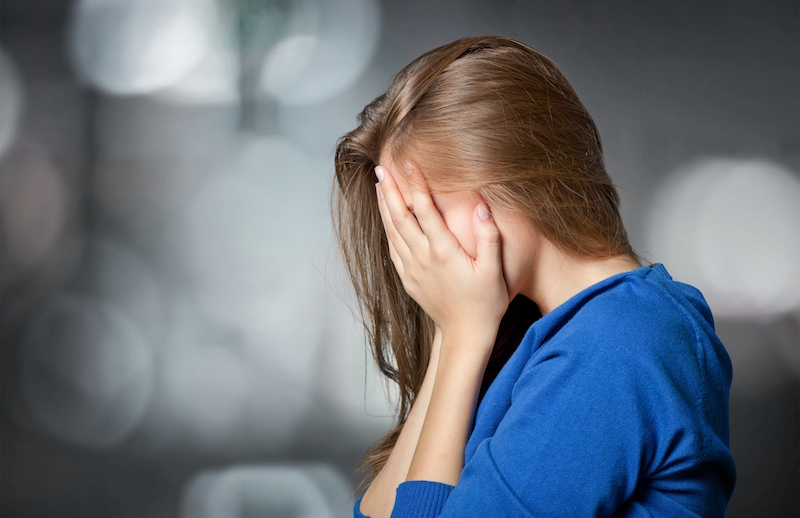 This is one of the most pressing health concerns in humans.
This is one of the most pressing health concerns in humans.
- Where does it all start?
- It all starts with emotional tension accompanied by bodily sensations, and at this moment many people believe that they have some kind of illness that occurs in the form of seizures that overtake at the most inopportune moment. All this is accompanied by the fear of waiting for the next attack, when it seems to a person that an attack can begin at any moment.
What are people usually afraid of? They have three fears. One: that they will die of a heart attack, heart attack, or stroke. Second: they are afraid that they will lose control, lose consciousness and something terrible will happen. And third: that these are signs of impending madness. Here, in fact, are three misconceptions that everyone has. People confuse their well-being with illness. They are convinced that they have some kind of illness that occurs in the form of inexplicable seizures. And often they think that they are lucky because they have not died yet, and this is only because they have taken some measures.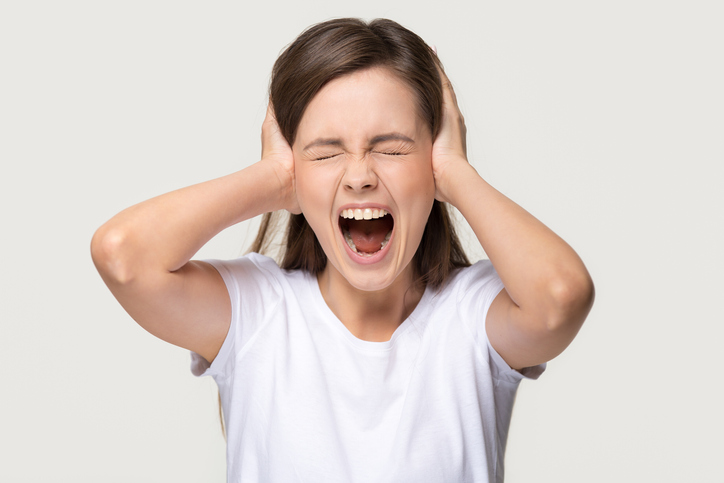
When you call an ambulance, you are convinced that you are about to die, but while the ambulance is coming, the "attack" ends. Why is this happening? You are not in a dying state and not on the verge of insanity, you are in a state of acute fright when your biological mechanism commands: "Save yourself!" Because you have convinced yourself that you are dying.
First of all, you must tell yourself that you will not die. Convince yourself of this. You will have to prove it to yourself. Sometimes this is not easy, but in the end it works out for everyone - for someone quickly, for someone not as soon as we would like. Many patients say that this is a long process. But panic attacks can be dealt with quickly. My colleagues and I are successfully solving this problem in practice.
What are you afraid of? Of course, you will now begin to convince me that you are not having some kind of fright, but a real attack with symptoms, etc. That’s how it is, but the algorithm is as follows: you expect a future attack, because it already once you had, for example, in the subway, but you have to go to work, and you do not want the panic to happen again in the subway. You are now generally afraid of panic and do not want to experience this state, because you may die, faint, or someone will see you in such a state, and you will be ashamed, etc. And so you go to work in great tension because you are sure that something bad will happen to you. You do not see anything around you, you are focused only on one thing - on the expectation of a panic attack. In addition, do not forget that you are in a state of neurotic disorder, which is complemented by the fear of expecting a panic.
You are now generally afraid of panic and do not want to experience this state, because you may die, faint, or someone will see you in such a state, and you will be ashamed, etc. And so you go to work in great tension because you are sure that something bad will happen to you. You do not see anything around you, you are focused only on one thing - on the expectation of a panic attack. In addition, do not forget that you are in a state of neurotic disorder, which is complemented by the fear of expecting a panic.
Thus, you leave the house in a state of emotional intensity, your nerves are already on edge in the morning, and the closer you are to the subway, the more you frighten yourself with the expectation of an attack, the stronger your vegetative activity manifests itself. You have tachycardia, shortness of breath, lump in your throat, shortness of breath, dizziness and weakness. You say to yourself: “Well, here it is again,” and you suffer even more from this.
At this moment, you are convinced that some kind of attack has overtaken you again, although in reality you are simply frightened.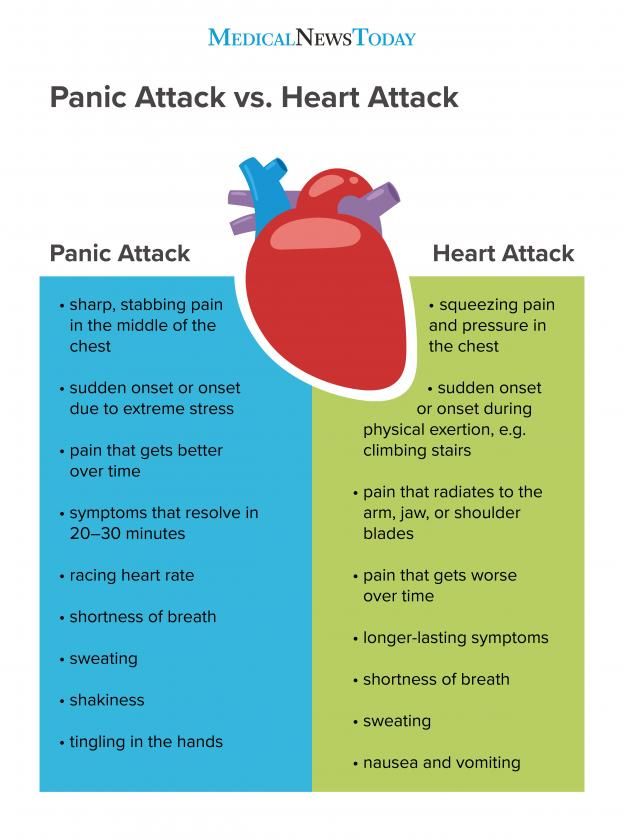 You expected this state, but still you were afraid of what is happening to you at the moment.
You expected this state, but still you were afraid of what is happening to you at the moment.
Remember! Nothing happens to you! It's not an attack, it's a fear.
Write down or memorize a simple phrase: I just got used to scare myself that something will happen to me.
Stop bullying yourself! Nothing bad will happen to you. You don't have any seizures right now, but you have a habit of scaring yourself. And this habit penetrates into all spheres of your life, filling with new fears, as a result, you are afraid to be in the subway, to move independently, etc. You are already afraid of everything. Many of our patients are so attached to loved ones that they practically cannot act on their own. Why? Because they are convinced that seizures are a sign of a serious illness from which they suffer. Patients want their relatives to always be next to them, who, if something happens, will call an ambulance in time or help them somehow. Sometimes people generally avoid independent movement in transport - it seems to them that the VSD is most pronounced there, because "there is little oxygen. " This, of course, is not true.
" This, of course, is not true.
You have developed a habit of intimidating yourself in every possible way. Now you are afraid of what was with you, or what will be. You are afraid of certain places or circumstances. You are afraid to go down the subway, ride a bus or minibus. You used to scare yourself in different places, and then remember the places where you experienced acute fear. This is how our body works. If you are in some place very afraid of something, returning there, you will feel uncomfortable. For example, at the entrance to the entrance, you encountered a dog that barked at you very loudly, and you were very frightened. The next day, entering the entrance, you will already be in a state of tension. Remember, for sure each of you have experienced similar situations. This is how our physiology works: if once we were very scared of something, the body remembers this in order to mobilize in case of danger the next time. The same thing happens to you: you get scared, panic arises, then it repeats again and again. Your body gradually remembers these circumstances. But even worse, it remembers all your actions in a state of panic. And when a repeated situation arises, the body gives out a desire to do the same thing that you did before. We call it running. And then you begin to either perform habitual and completely useless actions (running, fussing, calling), or generally trying in every possible way to avoid the circumstances that in your mind are associated with a panic attack (for example, refusing to travel by public transport on your own).
Your body gradually remembers these circumstances. But even worse, it remembers all your actions in a state of panic. And when a repeated situation arises, the body gives out a desire to do the same thing that you did before. We call it running. And then you begin to either perform habitual and completely useless actions (running, fussing, calling), or generally trying in every possible way to avoid the circumstances that in your mind are associated with a panic attack (for example, refusing to travel by public transport on your own).
- Why does vegetative tension occur?
- There are two reasons: the presence of a neurotic state and the presence of a chronic fear that something will happen to you. Stop convincing yourself that you are fighting for life every day and that something is helping you. You do not have seizures, you have a habit of scaring yourself.
It will seem surprising to you, but if you stop fighting altogether, your state of health will not worsen, but, on the contrary, will improve. My patients have gone through this many times.
My patients have gone through this many times.
Gennady Ivanov: - Of course, your condition largely depends on how you feel about everything that happens to you. If you want, you can come up with a panic attack even from a mosquito bite. In my practice, there was such a case.
A neurotic client saw that a mosquito had bitten him on the neck. Itching appeared, the man began to scratch his neck and thought: “Oh, a mosquito bit me in the neck, what if it’s dangerous, what if my throat swells now, what if something happens!”. He begins to frighten himself and present terrible pictures: how his throat will swell, suffocation will appear, but what is suffocation - he can die! And, lo and behold, he begins to feel strange sensations in his body, it seems to him that it really becomes hard to breathe, his pulse quickens. He calls an ambulance and anxiously says: "I was bitten by a mosquito, I'm dying." What do you think the doctors will say to him? But he is really sure that he is dying, and asks for help.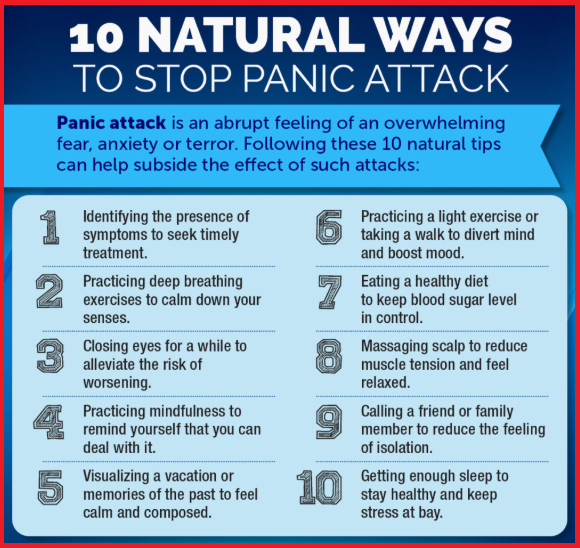 This example shows that you can cause a panic state if you convince yourself that you are in danger of death, even from a mosquito bite.
This example shows that you can cause a panic state if you convince yourself that you are in danger of death, even from a mosquito bite.
Nikolai Surovtsev: - The main mistake is that the problem is looked for in the body, and not in the experience. The experience that triggers panic attacks is not the experience of specific situations. This is a bodily experience, the experience of sensations and global assessments of the world. The correct treatment of panic attacks is the elimination of their causes: the normalization of the emotional state of the patient, the correction of his relationship with others. You know, in many cases of panic there is often an unconscious experience of loneliness. The man is alone among the crowd of people! And it is necessary to clarify how a person makes himself lonely, and correct it. Nevertheless, psychotherapy plays a paramount role here - it is she who is able to reveal the true cause of panic attacks and find a solution to the problems that led to the disease.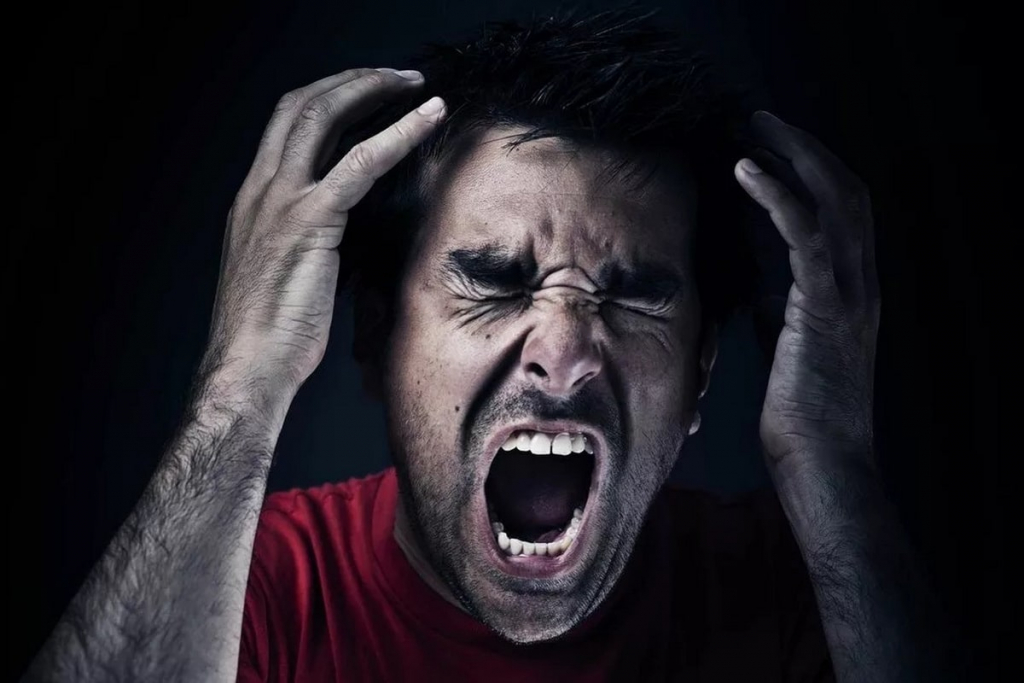 Pharmacology alone is indispensable, the disease is an emotional disorder. And emotions are, first of all, relationships, and to influence relationships with drugs ... Of course, in some way you can influence, but under the influence of pharmacology, you need to build your relationship with the world ...
Pharmacology alone is indispensable, the disease is an emotional disorder. And emotions are, first of all, relationships, and to influence relationships with drugs ... Of course, in some way you can influence, but under the influence of pharmacology, you need to build your relationship with the world ...
- So how is panic treated?
- The disorder is based on anxiety. Her level is up. Some psychiatrists at the very first stage of treatment prescribe sedatives, soothing drugs. But they are recommended to be taken in cases of severe anxiety syndromes or in the event of the onset of an attack, since this is not a treatment. In addition, drugs in this group are often addictive, and in the usual dosage they cease to act. It may be used as part of a treatment.
As for pharmacotherapy, there is a wide range of drugs and almost always it is possible to purposefully select the right drug, which, during the course of the course, completely relieves panic attacks in most patients. But it is worth noting that an integrated approach is important in the treatment, and the psychological part of the panic state should be given special attention.
But it is worth noting that an integrated approach is important in the treatment, and the psychological part of the panic state should be given special attention.
It is necessary to understand, to understand why a person has a panic attack. And teach him to cope with similar situations even without medication. It's absolutely real. As a rule, cognitive behavioral therapy is indicated in such cases. Cognitive therapy is not about saying the right answer, it's about philosophy, thinking about how to look at a situation. Cognitive therapy is a justification technology, these are techniques that help you justify to yourself that you do not treat this situation objectively, over-dramatize, exaggerate.
Hypnotherapy is quite effective, it works directly with the subconscious. After all, logically, a person himself understands that he seems to have no need to be afraid, and the irrational part of the psyche denies all the arguments of logic.
Sometimes elements of behavioral therapy are needed when, in general, a certain stressful situation or some unresolved psychological problem has led to panic attacks.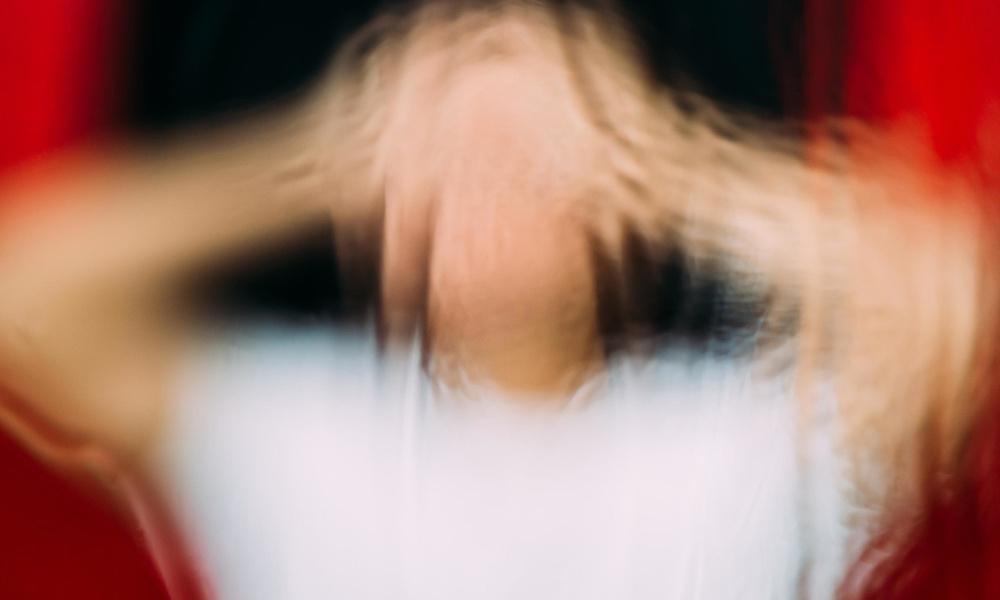 The approach must be comprehensive. It is impossible to be limited only to pharmacotherapy or only to psychotherapy.
The approach must be comprehensive. It is impossible to be limited only to pharmacotherapy or only to psychotherapy.
Proper treatment of panic attacks is elimination of their causes: normalization of the patient's emotional state, correction of his relationships with others. You know, in many cases of panic there is often an unconscious experience of loneliness. The man is alone among the crowd of people! And it is necessary to clarify how a person makes himself lonely, and correct it. Nevertheless, psychotherapy plays a paramount role here - it is she who is able to reveal the true cause of panic attacks and find a solution to the problems that led to the disease. Pharmacology alone is indispensable, the disease is an emotional disorder. And emotions are, first of all, relationships, and to influence relationships with drugs ... you know ... Of course, in some way you can influence, but under the influence of pharmacology you need to build your relationship with the world ...
Hypnosis - what is it? Definitions of hypnosis, areas of application of hypnotherapy
Advertising on BELTA
Crying during a panic attack: causes of tears and tearfulness
The human psyche has many protective mechanisms that help to survive in dangerous conditions, one of these mechanisms is fear. Under the influence of psychological and social factors, natural fears can cause the formation of panic attacks. This pathological condition is characterized by the sudden onset of acute anxiety and fear without real reason.
People experiencing a panic attack for the first time experience a strong emotional shock combined with bodily manifestations. During a spontaneous attack of fear, there is a feeling of unreality of what is happening, obsessive thoughts. A common symptom is uncontrollable crying during a panic attack.
Causes of tears during an attack
Patients presenting to medical institutions for the treatment of panic attacks describe their state during attacks as unstable with many physical and psychological manifestations. With a panic attack, there is unreasonable panic, a strong sense of fear, dizziness and heart palpitations. Before the appearance of tears, people experience a feeling of heat, reduction of the chin and cheekbones, tightness in the temples.
Panic attacks most often occur in residents of large cities who are in constant tension. An increase in the number of seizures is also facilitated by the rapid pace of life, unforeseen situations and daily difficulties, which gradually lead to the depletion of the resources of the nervous system.
Tears in this case are a way to reduce such tension, since they ensure the excretion of a substance formed during a strong emotional shock from the body. Panic attacks are often associated with unconstructive beliefs that cause natural reactions in patients.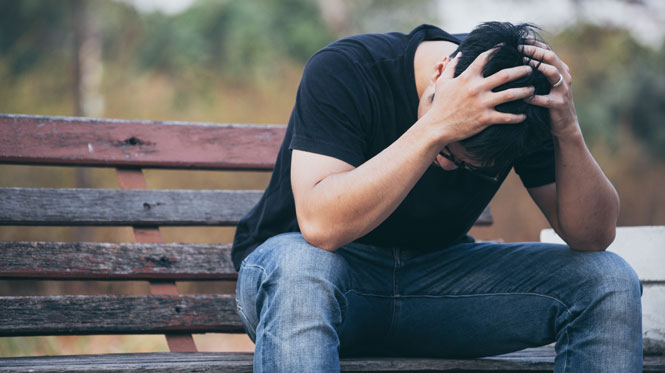 A person experiencing many bodily manifestations of pathology tends to believe that he can die during an attack. Psychologically, this condition contributes to increased anxiety, which can manifest itself in tears.
A person experiencing many bodily manifestations of pathology tends to believe that he can die during an attack. Psychologically, this condition contributes to increased anxiety, which can manifest itself in tears.
A panic attack can be seen as a harbinger of insanity. Behind such fear, as a rule, lies the suppression of emotions and the desire of a person to meet the expectations of others. A person seeks to hide his weakness and does not show tears. However, at the moment when the tension reaches its peak, he cannot restrain his emotions.
Some people prefer to hold back tears during a panic attack by constricting the diaphragm, resulting in respiratory problems. When expressing emotions, muscles relax.
Self-help remedies for panic attacks
Experts recommend not to accumulate negative emotions and not hold back tears that help overcome a critical situation. In the case of panic attacks, a reduction in tearfulness is achieved by eliminating the underlying cause of the pathological condition.
People who experience panic attacks can learn how to manage them during treatment using the following methods:
- Breathing exercises help reduce the severity of reactions from the respiratory and cardiovascular systems. It is important, when the first signs of a violation appear, to eliminate breath holding and spasm in the throat. A person is able to control breathing through gymnastics, based on different breathing rates, its depth. Diaphragmatic breathing, which is highly effective, may be recommended for women who have severe crying and breathing problems.
- Behavioral psychotherapy helps to change a person's activity that supports panic attacks and crying. Psychotherapists organize sessions using techniques that involve switching the attention of clients. One of the options for distracting from negative emotions and experiences is to switch attention to solving some problems, for example, compiling a to-do list, searching for items in a bag. Specialists also teach clients how to provoke emotions, such as joy or anger.

- Transactional analysis is the most sophisticated method of dealing with panic attacks and tearfulness. Psychotherapists using this method explain to patients that their personality can be represented in the state of a child, parent or adult. Crying is most characteristic of the former, since it stores the conscious and subconscious experiences received in childhood. Tearfulness due to a panic attack can be dealt with by analyzing situations and making decisions that do not allow emotions to dictate actions.
Panic attacks have been sufficiently studied by researchers, which allows them to be effectively treated and stop the main manifestations. In each individual case, specialists select an individual program for correcting the emotional state.
Similar articles
22.10.2020
Olga Butakova
Hyperventilation of the lungs during panic attacks
Direction: Psychology
About 50-60% of people who have ever experienced such a condition experience hyperventilation of the lungs during a panic attack. According to statistics, the representatives of the weaker sex are subject to asphyxia at the time of an anxiety attack 7 times more often than men. It turns out that when faced with hyperventilation, every woman feels serious problems associated with the functioning of the respiratory system. Hyperventilation refers to rapid and deep breathing. True, in […]
According to statistics, the representatives of the weaker sex are subject to asphyxia at the time of an anxiety attack 7 times more often than men. It turns out that when faced with hyperventilation, every woman feels serious problems associated with the functioning of the respiratory system. Hyperventilation refers to rapid and deep breathing. True, in […]
Full text
22.10.2020
Olga Butakova
Panic attacks and the thyroid gland
Specialization: Psychology
It seems that the thyroid gland and panic attacks cannot be connected with each other, and dysfunction of this organ is unlikely to increase anxiety. But in reality, the dependence is obvious, because the thyroid gland is responsible for the production of hormones that can affect the human psyche. That is why, during the initial examination, many psychologists send patients for additional tests to identify concomitant […]
Full text
10. 12.2020
12.2020
Olga Butakova
Depression after menstruation
Specialization: Psychology
About 80% of women of reproductive age are familiar with such an unpleasant condition as premenstrual syndrome. However, women can also experience postmenstrual syndrome - an unpleasant companion of menstruation, which is also known as "post-period depression". This condition can negatively affect the body and mind with about the same force as PMS, if not more so. What […]
Full text
- #Articles
06.12.2020
Olga Butakova
Depression and Relationships
Specialization: Psychology
Each of us lives in a society where the quality of life largely depends on relationships with friends, relatives, and work environment. Studies have shown that people with depression very often complain about misunderstandings in the family, the lack of normal relationships in the workplace.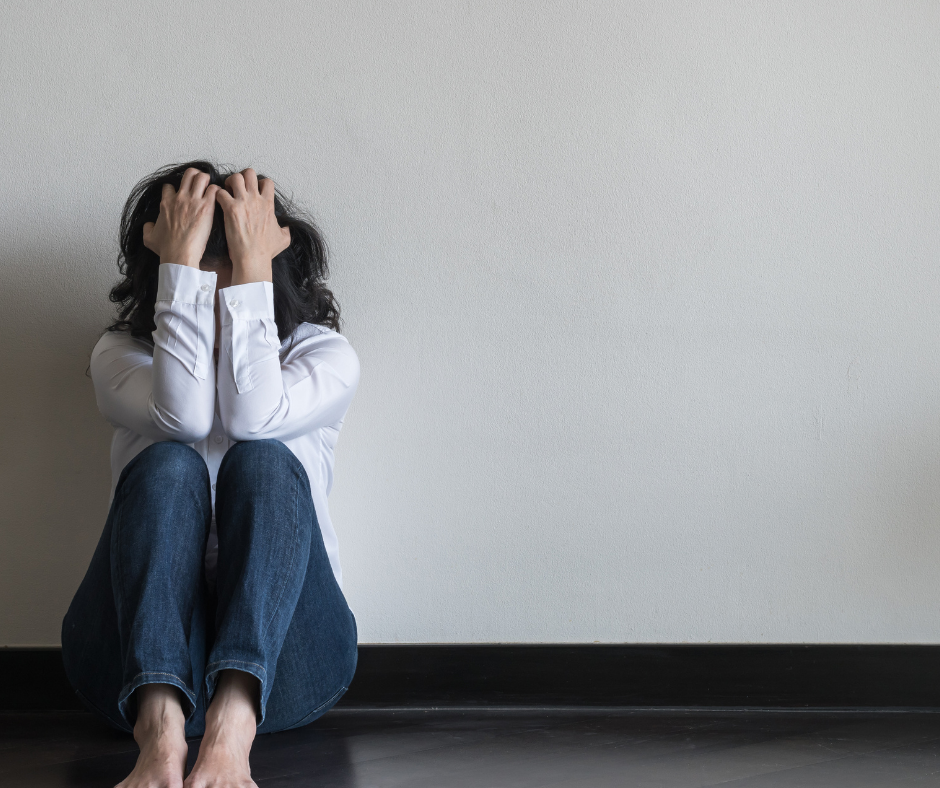 As a result of prolonged stress, lack of understanding in the family or at work, depression develops. Depression worsens […]
As a result of prolonged stress, lack of understanding in the family or at work, depression develops. Depression worsens […]
Full text
- #Articles
11.12.2020
Olga Butakova
Menopausal depression
Psychology
Menopause is an inevitable part of every woman's life. This condition is accompanied by hormonal changes, which can provoke the appearance of unpleasant physical and mental symptoms. Including depression is not uncommon with menopause. This disorder can significantly worsen the general condition and cause significant discomfort. Therefore, it cannot be ignored and left to chance. What is depression in menopause According to […]
Full text
- #Articles
05.12.2020
Olga Butakova
Sport and depression
Specialization: Psychology
It is believed that physical exercises have a beneficial effect on the mood of a depressed person.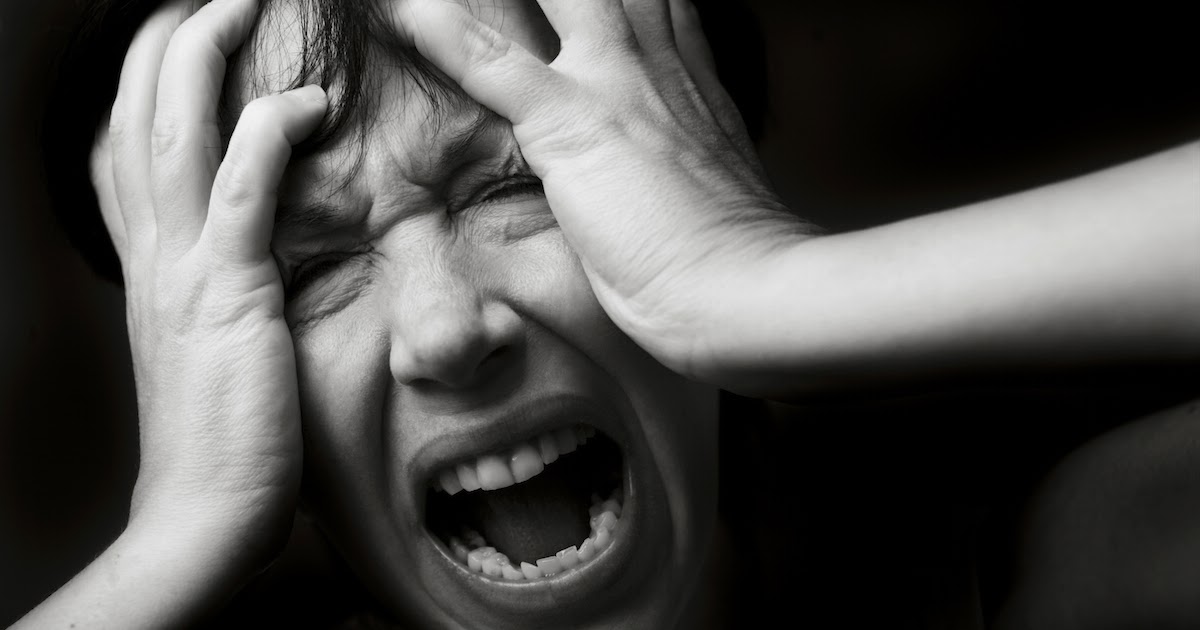 Studies have been conducted in different countries on the effect of sports on the disorder, the findings suggest that there is a certain beneficial effect on the patient's physical condition, but the effect on depression is not as effective as expected. Depression is characterized by low mood and laziness, one of the common symptoms of a mental disorder. […]
Studies have been conducted in different countries on the effect of sports on the disorder, the findings suggest that there is a certain beneficial effect on the patient's physical condition, but the effect on depression is not as effective as expected. Depression is characterized by low mood and laziness, one of the common symptoms of a mental disorder. […]
Full text
- #Articles
12/12/2020
Olga Butakova
Depression after a miscarriage
Specialization: Psychology
Statistics show that depression and anxiety are common manifestations in men and women who experience emotional distress after a miscarriage or late pregnancy. At the same time, quite often, such disorders occur even in those couples for whom pregnancy was not desired. A mild depression after a miscarriage is conditionally considered normal, which is associated with grief [...]
Full text
- #Articles
04. 12.2020
12.2020
Olga Butakova
Why do people get depressed
Specialization: Psychology
Painful condition of the psyche, characterized by depression, sadness, apathy, irritability, indifference and other symptoms, is called depression. Depressive disorder is mild, moderate and severe forms, the manifestations of the disease are diverse. Depression is a common disease that occurs at any age, more often diagnosed in women. An untreated mental illness causes the formation of negative thinking, the patient has suicidal thoughts. More likely to attempt suicide […]
Full text
- #Articles
08.12.2020
Olga Butakova
Depression after an abortion
Specialization: Psychology
Abortion is a difficult test for a woman, her mental and physical health, a tragedy for those who wanted and expected a child, but due to various circumstances (Down syndrome, congenital pathologies ) lost it. Complications of abortion are not only the risk of becoming infertile, but also the risk of developing post-abortion syndrome. Post-abortion depression is one of the symptoms of post-abortion […]
Complications of abortion are not only the risk of becoming infertile, but also the risk of developing post-abortion syndrome. Post-abortion depression is one of the symptoms of post-abortion […]
Full text
- #Articles
09.03.2021
Olga Butakova
How depression begins: prerequisites
Specialization: Psychology
Depression is a very common condition that can occur in people of different ages, gender and social status. This is a fairly serious psycho-emotional disorder, which significantly reduces the level of performance and worsens the quality of human life. Therefore, you should be aware of how depression begins in order to take timely measures to prevent the development and progression of the condition. What is depression Bad mood – […]
Full text
Courses that may interest you
Olga Butakova. Elementary School of Health for All
Teacher: Olga Butakova
9 hours
Should we learn to be healthy? Obviously yes! Our health is our mission.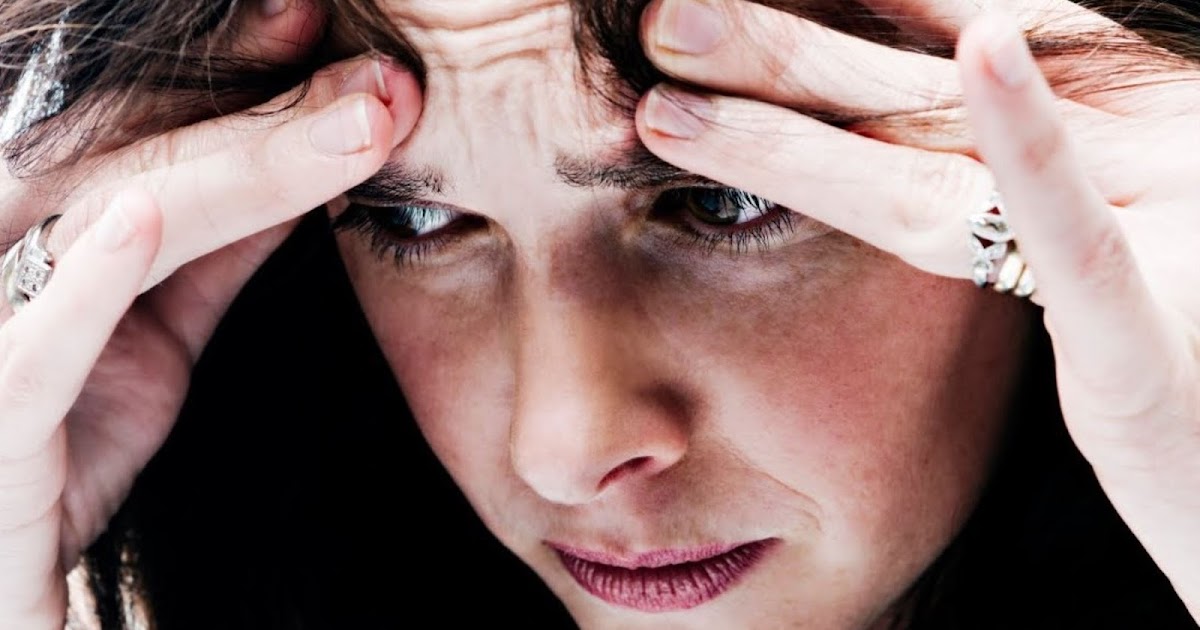 And it is unlikely that anyone will want to solve it together with us, and even more so instead of us. Time is different. Is it simple? - Yes! It's simple. You have to understand what to do. And do things that improve health.
And it is unlikely that anyone will want to solve it together with us, and even more so instead of us. Time is different. Is it simple? - Yes! It's simple. You have to understand what to do. And do things that improve health.
1390 ₽
Add to favoritesMore info
Olga Butakova. Antistress. 67 ways to get out of stress
Teacher: Olga Butakova
4.5 hours
Are you tired of being afraid? Tired of living in constant stress? Do you feel your energy drop? Do you understand that you need to work like never before, but you don’t have the strength? Constantly asking yourself the question "What to do"? And do not suspect that this question is actually supported by the hormone of motivation for your own safety.
3990 ₽
Add to favoritesMore info
Olga Butakova. Panic attacks. 128 ways to get rid of anxiety
Teacher: Olga Butakova
24 hours
The relevance of the topic of panic attacks is unprecedented. Up to 18% of people in the world have already experienced this sudden anxiety condition. And no one is safe. We all live in fear for ourselves, for loved ones, for friends. This is not a disease, but you need to know exactly how to get out of them and not fall again.
Up to 18% of people in the world have already experienced this sudden anxiety condition. And no one is safe. We all live in fear for ourselves, for loved ones, for friends. This is not a disease, but you need to know exactly how to get out of them and not fall again.
4990 ₽
Add to favoritesMore info
Olga Butakova. Health of the male reproductive system
Lecturer: Olga Butakova
1.5 hours
The problem of men's health is now very relevant. About 15% of couples in Russia suffer from infertility. Our course will help to understand this problem.
300 ₽
Add to favoritesMore info
Olga Butakova. Health of the female reproductive system
Lecturer: Olga Butakova
3.5 hours
The problem of women's health is very urgent now. About 15% of couples in Russia suffer from infertility, and about 500,000 abortions are performed per year. 50% of women suffer from reproductive disorders. Our course will help to understand this problem.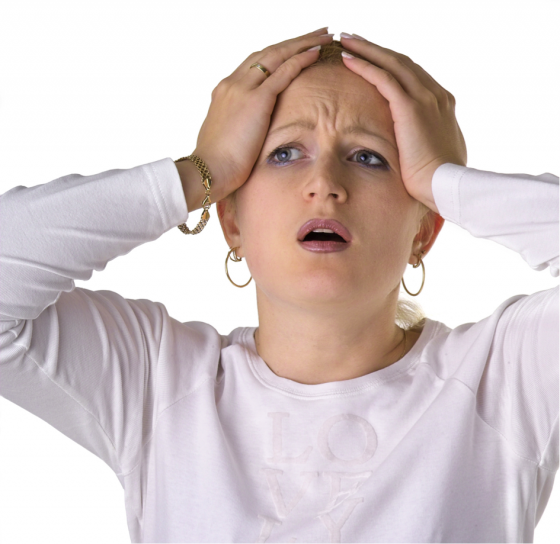
300 ₽
Add to favoritesMore 5 lessons 150 people
Brief and capacious description that reveals the title, the task of which is to interest and arouse attention. It is important that it is beneficial and understandable.
8000 ₽
Add to favoritesMore
Alexander Petrishchev. Oratory Special Forces. (Platinum).
Teacher: Alexander Petrishchev
48 26 lessons 150 people
Oratory Special Forces will teach you how to be an effective negotiator and how to make persuasive public speeches. You will be able to easily achieve your goals in your career, relationships with people, understand how to present yourself and your skills in the most effective way to achieve absolute success!
18900 ₽
Add to favoritesMore
Vladimir Vyatkin. Secrets of birth and the magic of sex
Teacher: Vladimir Vyatkin
11 hours 9 lessons 150 people
How to rewrite your sexual programs, it is easy to conceive, bear and give birth to a child with outstanding data?
14000 ₽
Add to favoritesMore
Maria Udovichenko.



